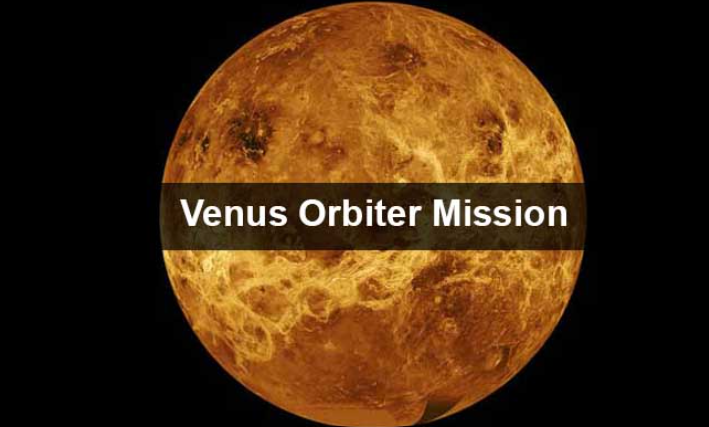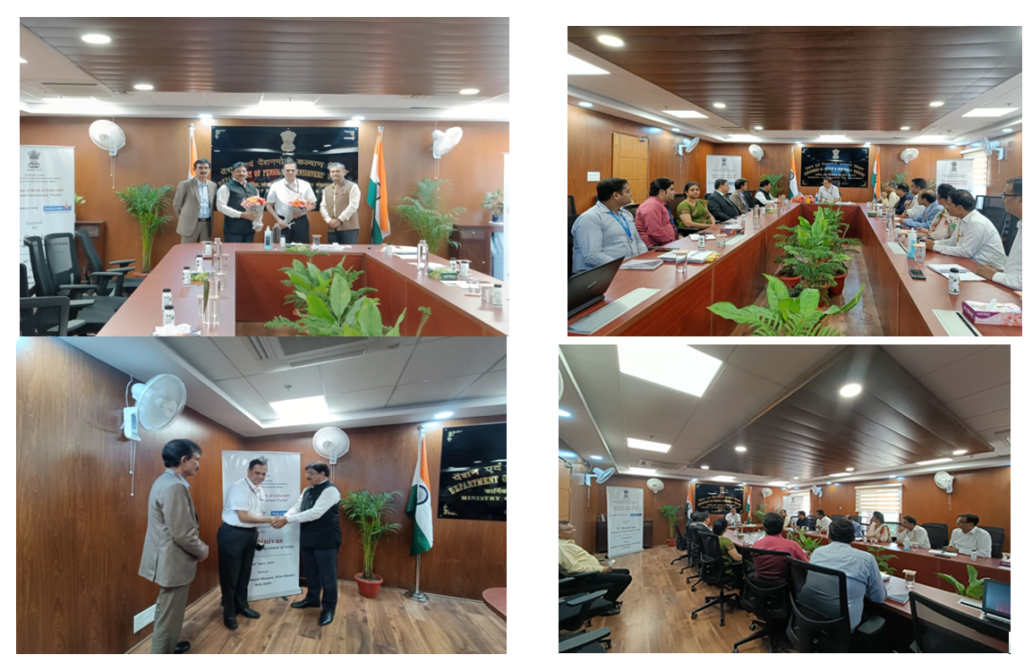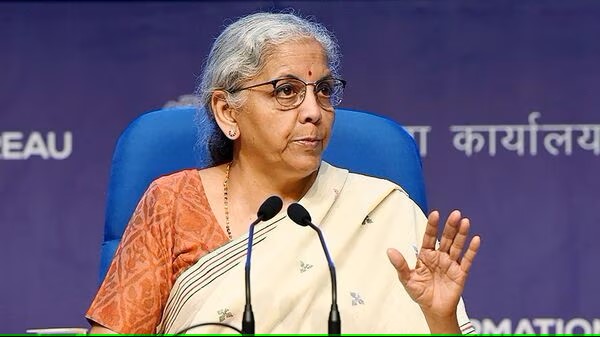India’s ambitious Venus Orbiter Mission (VOM) is set to launch in March 2028, marking another significant step in space exploration by the Indian Space Research Organisation (ISRO). The mission, focused on studying the planet’s atmosphere and geology, was officially confirmed after receiving approval during a recent Cabinet meeting.
The Venus Orbiter Mission is scheduled for launch on March 29, 2028, utilizing ISRO’s advanced heavy-lift launch vehicle, LVM-3. The spacecraft will be placed in an Elliptical Parking Orbit (EPO) with parameters of 170 km x 36,000 km, at an inclination of 21.5°, and an Argument of Perigee (AOP) of 178°. After its launch, the orbiter is expected to reach Venus by July 19, following a four-month journey.
Upon arrival, the Venus Orbiter will undergo Venus Orbit Injection (VOI) to achieve a 500 km x 60,000 km orbit. Throughout 6 to 8 months, the spacecraft will use aerobraking techniques to gradually adjust its orbit, bringing it down to a low-altitude science orbit of 200 km x 600 km with an inclination of approximately 90º.
This mission is designed to conduct detailed studies of Venus’ surface and atmosphere through high-resolution imaging, as well as in-situ observations of the planet’s ionosphere. The scientific objectives include understanding Venus’s atmospheric and surface processes, as well as how solar activity affects its environment.
Venus, often considered a key to unlocking planetary evolution, may have once harbored Earth-like conditions, making its study crucial for understanding the development of planetary systems.
The mission has a budget of ₹1,236 crore, with ₹824 crore allocated to the spacecraft’s construction. The expected mission duration is five years, during which it will provide critical insights into Venus’s climate, surface, and atmospheric composition.




